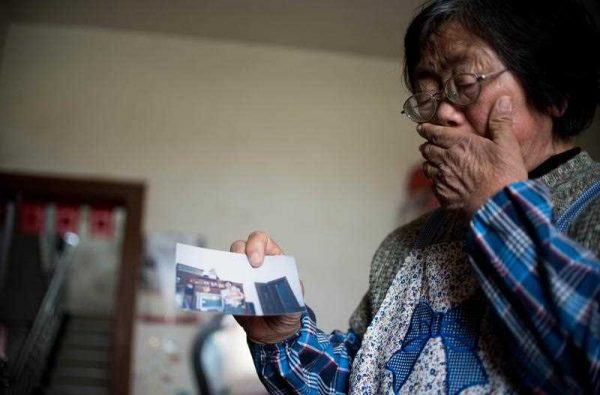In Asia, where the elderly population is projected to reach 922.7 million by the middle of this century, countries such as India and Indonesia will still reap the population dividend until 2030, but the rate of ageing of some countries is as fast as in the West. UN Secretary-General Ban Ki-moon has said that ‘population ageing can no longer be ignored’.
The picture is not so bleak. Medical advances and lifestyle changes have allowed us to defeat many causes of illness and live longer. Increasing longevity is one of humanity’s greatest achievements. Indeed, population ageing is cause for celebration. Look at the rapid increase of life expectation even among low-income countries — 10–15 years over the last 50. The opportunities that this presents are as endless as the contributions that a socially and economically active, secure and healthy ageing population can bring to society. But the opportunities come with challenges. Population ageing presents social, economic and cultural challenges to individuals, families and society.
It is how we choose to address the challenges and maximise the opportunities of a growing older population that will determine the future of developing Asia. Atul Gawande, in his book Being Mortal, wrote that ‘the ultimate goal is not a good death but a good life — all the way to the end’. What is needed in one’s declining years is a life with meaning, a life as rich and full as possible under the circumstances, with dignity to the end.
The question is: are we ready to be a compassionate society? Several well-known studies in Asia show there is a thread of concern about the multiple discriminations experienced by the elderly. It is unacceptable that millions of elderly continue to live in poverty, lacking income security, health care, access to basic services, support in emergencies and the full enjoyment of their human rights.
Asia’s expected ‘grey tsunami’ should not be an excuse not to act, but rather seen as a call to action. Several countries have made progress in improving social protection and care for elderly.
For example, the PRC is developing comprehensive policy measures to improve the care of elderly people, including promotion of home-based and community-based services. In 2009, the government initiated a new pension system for its rural population.
Bangladesh, Nepal, Thailand and Vietnam have provided universal or means-tested social pensions. More than 10 countries in developing Asia have passed national laws on the elderly and established special bodies on ageing within ministries.
Living longer requires affirmative measures to ensure that older age is experienced as a time of opportunity, rather than a time of life to be feared. Among the affirmative measures required is challenging age discrimination and ensuring access to income security as well as affordable and quality health care.
More importantly, the elderly must be included as contributors and participants in all types of development processes that affect their wellbeing. A 2012 United Nations Populations Fund report mentioned that ‘all people, now and in the future, in all countries — rich or poor — must be able to age with dignity and security, enjoying the full realisation of all human rights and fundamental freedom to lead fulfilled and active lives’.
Let’s act now, and we will be ready to face the ‘grey tsunami’.
Sri Wening Handayani is the Asian Development Bank’s (ADB) principal social development specialist.
This article was originally published here on the Asian Development Blog of the ADB.


It is an interesting and probably timely article. That said, the use of “grey tsunami” is unfortunate, because it is not a very good metaphor at all and certainly not any means funny.
I understand the author works at the ADB and its efficient to use PRC. But there may be many readers who may have difficulties to understand what it means, so it may be better to fully spell it out before the its use.
More importantly, the article did not fully explore the “opportunities” that may exist for older people. For example, many people at existing retirement ages can still be engaged in working or even volunteering activities to be an asset of labour force, particularly that many work may not necessarily hard labour but of office nature that uses more brain. By engaging in some of those potential activities, the older people can expand the areas over which to maximise life experience, content, happiness and fullness of their lives.
One if not the key of the purposes of the article is to prepare for more aging societies, but the author did not seem to have prepared himself enough.